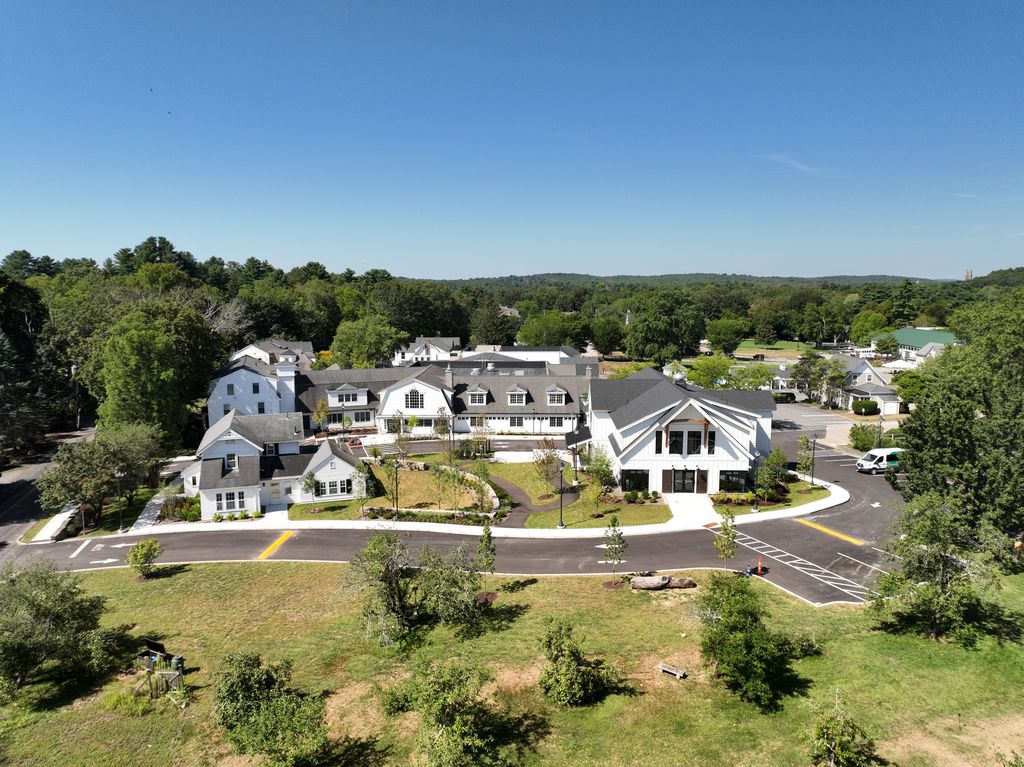Master of Real Estate Development Receives Final Approval From UC

By Stan Paul and Les Dunseith
Beginning in the fall of 2025, the UCLA Luskin School of Public Affairs will enroll students in a new Master of Real Estate Development, or MRED, program.
“We are delighted and excited to receive approval for the MRED, which we envision as building a better future for our cities,” said Interim Dean Anastasia Loukaitou-Sideris, distinguished professor of urban planning. “We see the MRED as a transformative opportunity to train and diversify a new generation of real estate professionals who can best respond to the needs for more and more affordable housing, climate-adaptive and green-building technologies, and age-friendly developments.”
The Office of the President of the University of California notified the Luskin School of the degree’s final approval on Jan. 23. It has been working its way through the approval processes at UCLA and UC for about two years.
Led by Vinit Mukhija, a professor and former chair of urban planning, the program will be a one-year, full-time, self-supporting degree program that emphasizes the ethical underpinnings of a growing profession.
Mukhija said urban real estate development is “one of the most powerful forces shaping buildings, neighborhoods, cities and their suburbs, and metropolitan regions.
“From planning to finance to design, development decisions about what to build and where to build influence equity and urban sustainability in ways that are often neglected in traditional real estate development programs.”
“Success in real estate development will require a nuanced understanding and ethical response to underlying environmental and social challenges.” —Professor Vinit Mukhija
The MRED will provide key practical skills, integrating students into real-world development projects. It will take advantage of UCLA’s location in the nation’s second-largest city, Los Angeles.
Mukhija also noted the profound role that development has in addressing global grand challenges.
“Success in real estate development will require a nuanced understanding and ethical response to underlying environmental and social challenges,” he said.
Coursework will be led by faculty experts from UCLA Urban Planning, the Anderson School of Management and UCLA Law. An inaugural class of 25 students is expected, growing to about 40 students in the program over time.
The MRED will be a full-time (44 units minimum), primarily on-campus program spanning 11 months, with students in residence during the fall, winter and spring quarters, which is consistent with other real estate development programs in the United States.
Applicants to the MRED program at UCLA Luskin must possess a bachelor’s degree or equivalent. At least two years of experience in real estate, urban development or a related field is preferred.
Unlike other real estate development programs, Mukhija said the UCLA program will be distinguished with an Urban Development core requirement that situates the MRED program’s training within the broader terrain of urban governance and urban life, including the challenges and opportunities presented by concerns about equity and sustainability.
Mukhija expects that many of the applicants will be mid-career professionals who are not typically served by state-supported programs. A significant share of international applicants is anticipated, with some coming from countries with growing urbanization rates and thus facing new challenges relating to urban growth.
In addition, the program proposes to prepare real estate development professionals who understand the fundamentals of development, as well as the context of urban development and the effect of real estate and urban development on urban life and economic opportunities.
Senate faculty will teach at least 30% of the courses, joined by distinguished and innovative real estate and urban development practitioners. These industry experts with practical experience in real estate will provide the development and experiential knowledge that is “crucial and essential for the holistic, integrative perspective that we intend to cultivate in our students,” according to the documentation prepared by UCLA Luskin in support of the program.
Although situated within UCLA Luskin Urban Planning, coursework will also touch upon issues taught in the School’s social welfare, public policy and public affairs degree programs, which share a common thread of social justice and a desire to make society better. And the Lewis Center for Regional Policy Studies based at UCLA Luskin will play a role in the research component.
In addition to conducting research on real estate and urban development, the MRED students will receive training to become real estate development professionals who can recognize and address the challenges of inclusive urbanization.
“It’s part of our mission,” Mukhija said.
link








